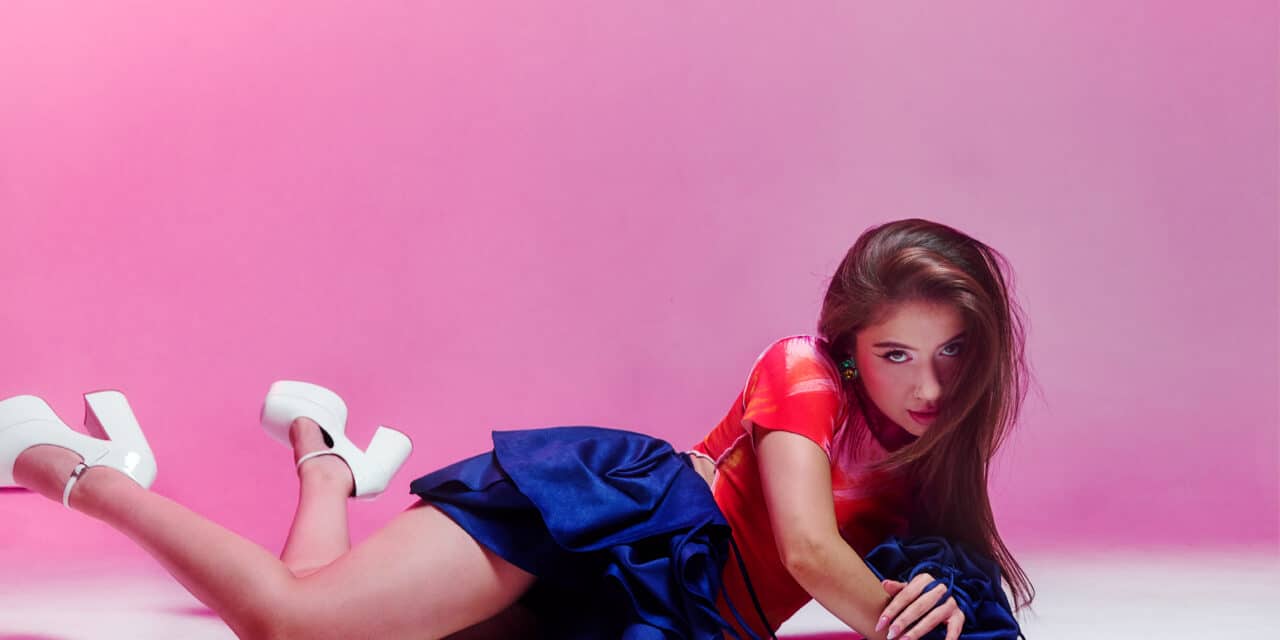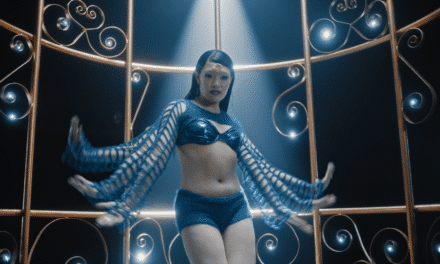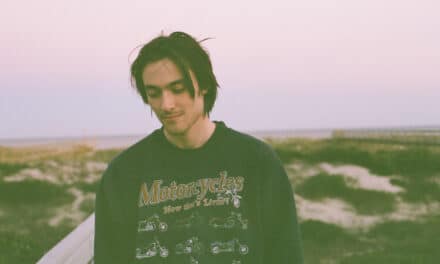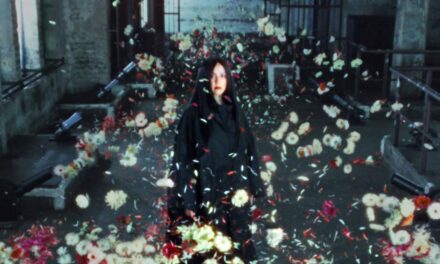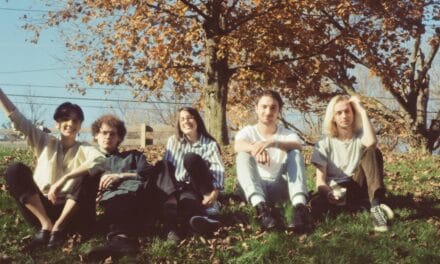Global pop is entering a new chapter, and BANA is the one writing it. Seamlessly weaving her Kurdish heritage into a cutting-edge sonic palette, the rising artist has quickly carved out her own lane—equal parts boundary-pushing and heart-on-sleeve. Her latest single, “Air,” follows the bold kiss-off anthem “Kiss Your Best Friend” and propels her deeper into the international spotlight with house-driven beats, vibrant synths, and vocals that demand your full attention.
Already a viral star with millions of streams and TikTok moments behind her, BANA is no stranger to creating music that transcends language and borders. But “Air” feels like a defining moment: a shimmering late-summer anthem that marries global pop ambition with deeply personal storytelling. Beyond the music, BANA’s presence—whether styled by some of the industry’s most in-demand creatives or advocating for women’s rights in Kurdistan—cements her as a fearless figure in today’s cultural landscape.
MUNDANE sat down with BANA to talk about love as oxygen, finding her voice between cultures, and why 2025 is just the beginning of her global takeover.
Fashion-forward as ever, BANA has already worked with powerhouse stylists Kirsty Stewart (FLO, Zara Larsson) and Lucy Bonner, building an image that balances Bratz-doll nostalgia with futuristic polish. Offstage, she’s just as fearless: advocating for women’s rights in Kurdistan through her work with the SEED Foundation, while balancing fitness, wellness, and fashion as integral parts of her creative identity.
With heavyweight collaborators like Mojam (One Direction, Sam Smith), Starsmith (Lady Gaga, Clean Bandit), and Frances (Dua Lipa, SG Lewis) on her horizon, 2025 is shaping up to be BANA’s definitive breakout year. “Kiss Your Best Friend” is more than a song — it’s a mission statement from an artist whose vision is bold, diasporic, and entirely her own.
Mundane Magazine: “Kiss Your Best Friend” is your latest single. It feels like a bold shift for you, especially moving from Kurdish to English. Can you walk us through the inspiration behind it?
Bana: The song was actually sent to me by my team. At first, I wasn’t sure I even liked it—I had just released Bag of Hearts, which explored this theme of revenge after heartbreak. “Kiss Your Best Friend” felt like it lived in that same world, but I wasn’t fully convinced. Then I sang it, fell in love with it, and realized it perfectly captured those intrusive thoughts we all have after a breakup. The idea is that even if you got revenge—like kissing someone’s best friend—it would never really measure up to the pain you were put through. I don’t advise anyone to actually do it, but the song lets you sit in that fantasy for a moment.
Mundane Magazine: That’s a powerful lens—songs as safe spaces for those darker impulses. You mentioned earlier that sometimes the tracks you least expect are the ones that resonate the most. Why do you think people connect with certain songs so strongly?
Bana: Honestly, you never know. I wrote one of my Kurdish songs just for myself when I was heartbroken. I kept it on my phone for a year before accidentally posting it—and it blew up. Sometimes a song you think is your best doesn’t land, and sometimes the ones you almost don’t release strike the deepest chord. That unpredictability keeps me curious.
Mundane Magazine: You’ve been making Kurdish music for eight years, but this English chapter is still fresh. How does your heritage shape this transition?
Bana: The older I get, the more I embrace my Kurdish roots. Our history has made us resilient and brave—that’s in my DNA. At first, I struggled with living in two worlds, but now I’m learning how to merge them. English music raised me in some ways, but Kurdish is my first language. I bring that into my melodies, my lyrics, even my perspective on life. No matter what language I sing in, my culture breathes through me.
Mundane Magazine: For readers who might not know, what does it mean to be Kurdish?
Bana: For me, it feels like home. People from all over who visit Kurdistan say the same thing. We’re warm, welcoming—you’re treated like family. You won’t even be allowed to pay for your meal. I carry that spirit everywhere I go. In music, our scene is smaller and often rooted in folk traditions, but I love blending Kurdish melodies with global genres. And I’ve learned that in the Western industry, talent isn’t enough—you need relentless work ethic. Luckily, that’s something I’ve always carried with me.
Mundane Magazine: You’ve also been vocal about women’s rights in Kurdistan and beyond. Why was it important to make that public rather than keeping it private?
Bana: Growing up, my mother was my biggest supporter, but she faced so many challenges as a woman. That shaped me. There are so many smart, talented women in Kurdistan and across the Middle East who deserve attention and support. As an artist, I feel a responsibility to amplify that. Yes, it’s difficult, and yes, I’ve faced my own struggles, but if I can stand up for others and show what’s possible, then I have to.
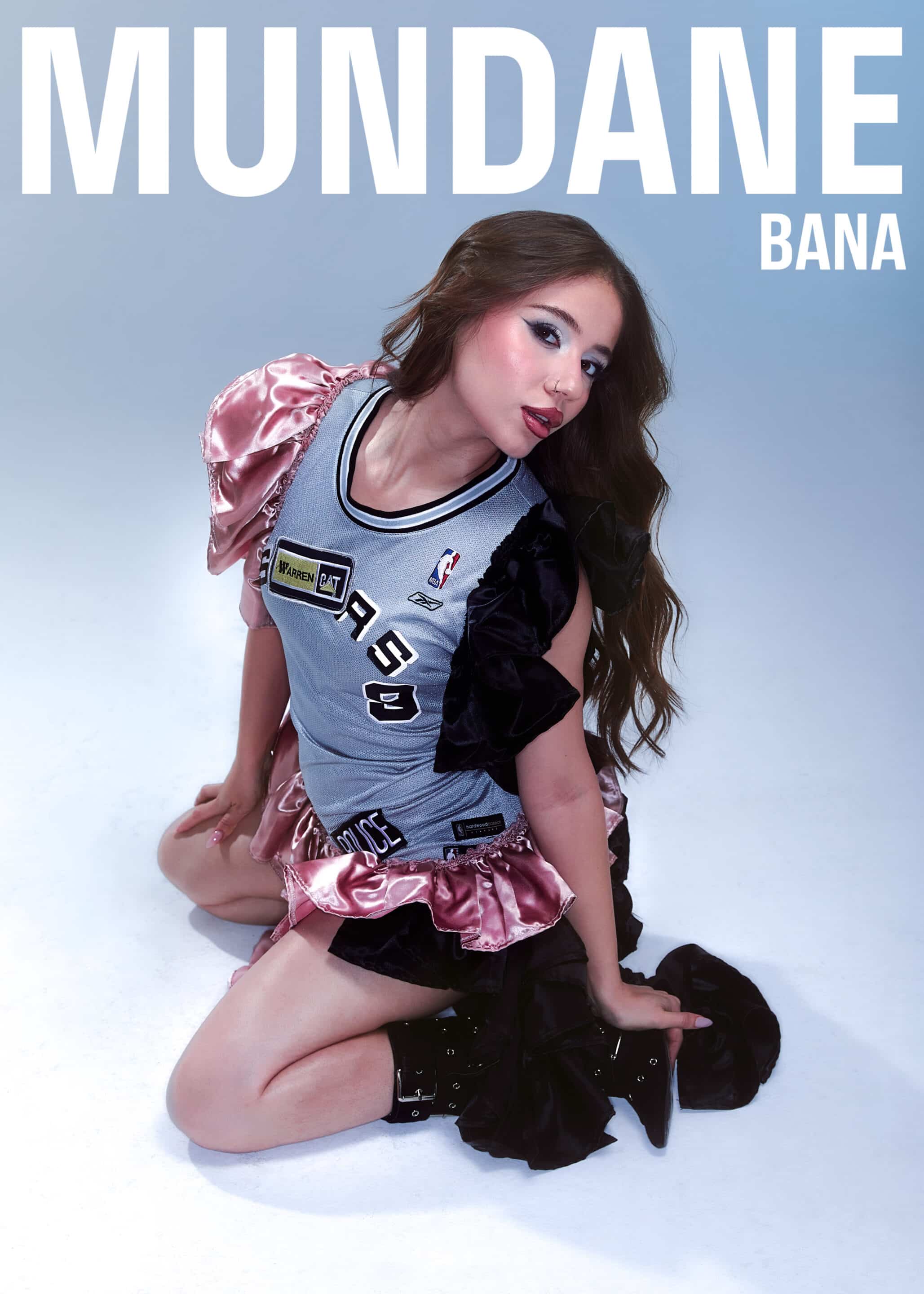
Mundane Magazine: What advice would you give a younger artist—maybe someone in Kurdistan—who wants to follow a path like yours?
Bana: Be authentic. Even if it feels chaotic, even if it scares people, be yourself. That’s what makes life worth living. Surround yourself with people who will help you grow, and keep going no matter what. It’s easier said than done, but authenticity is what people connect with the most.
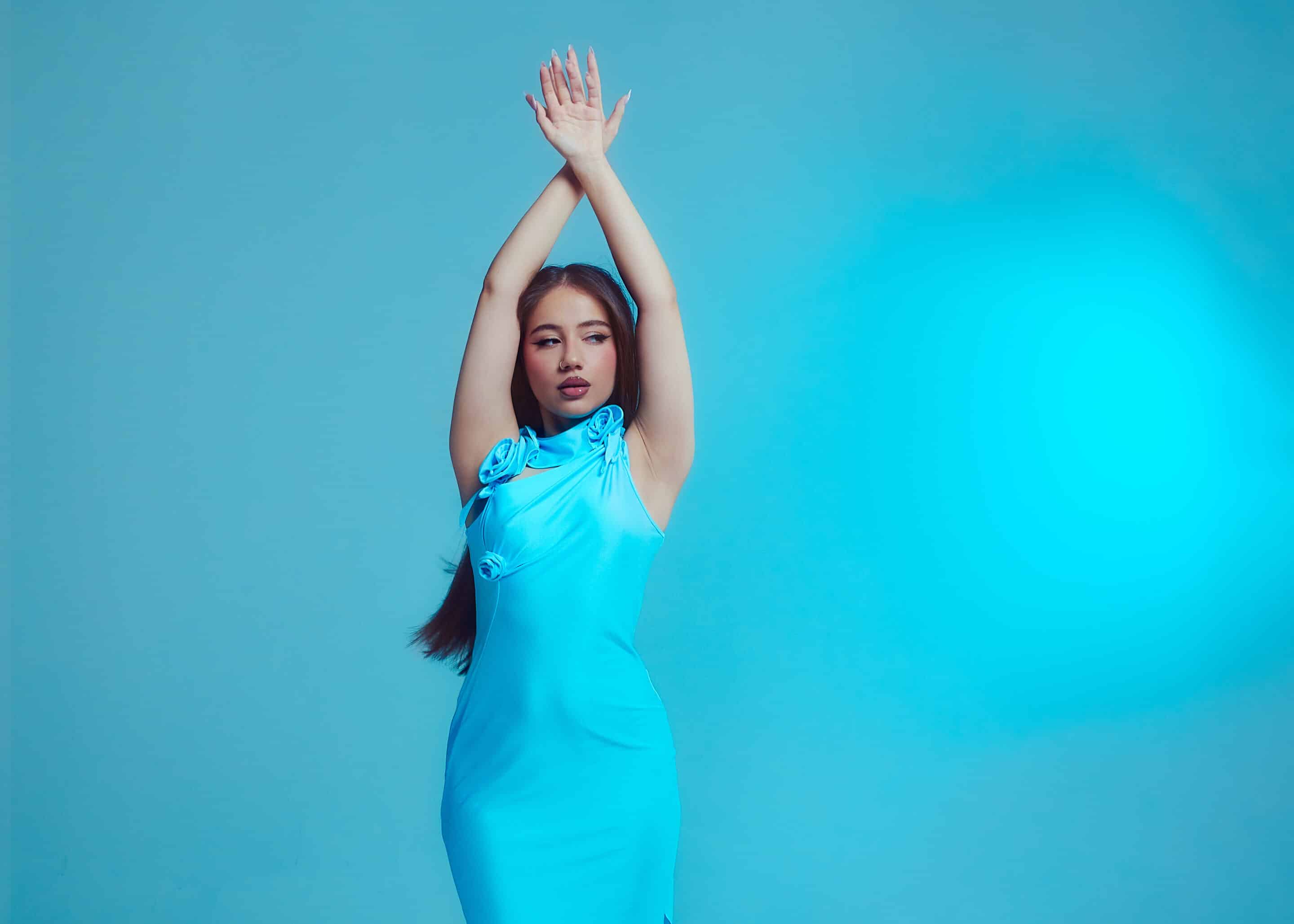
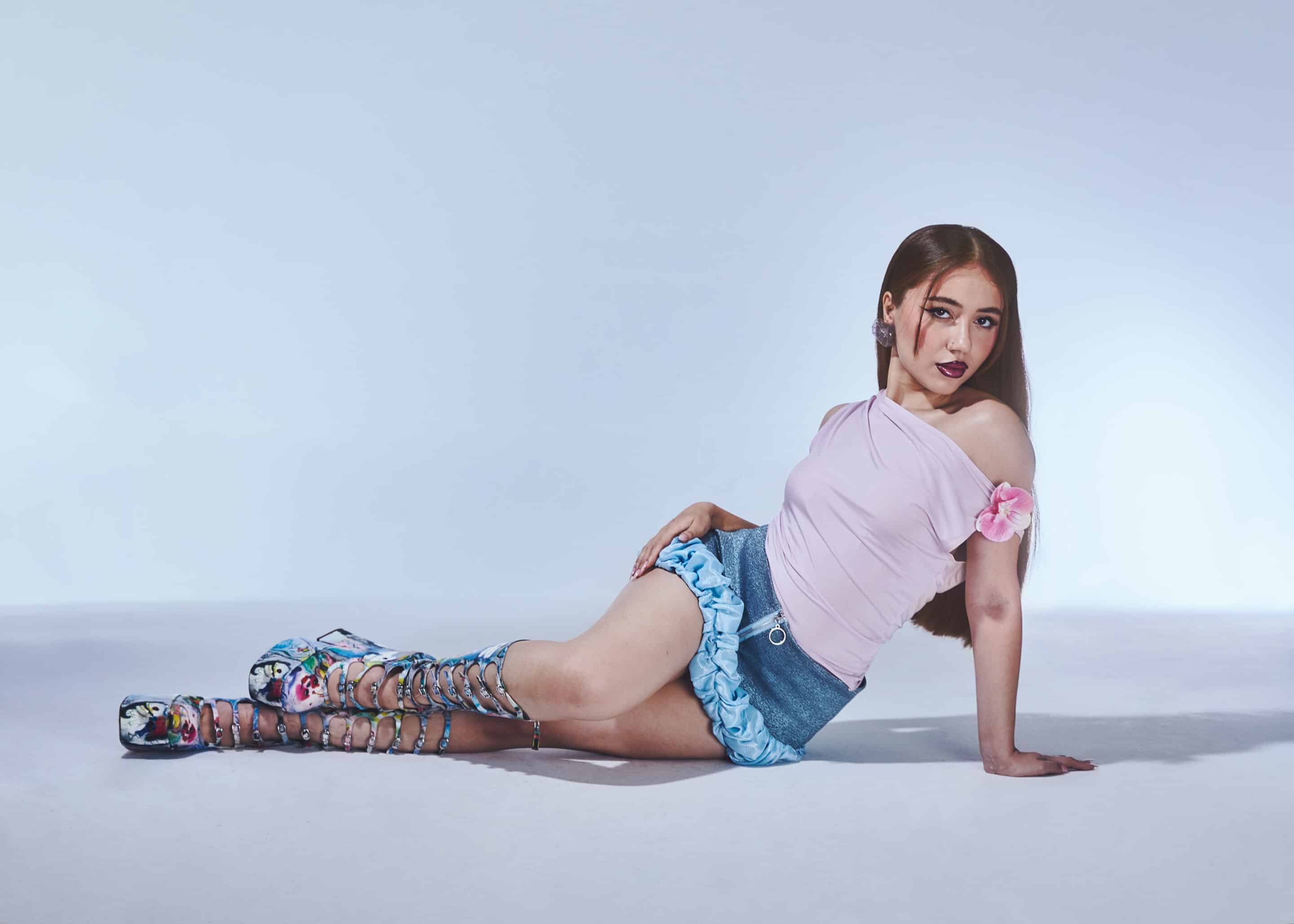
Mundane Magazine: You’ve been working with new producers, writers, and stylists in LA. How has that shifted your aesthetics—both musically and visually?
Bana: Fashion is such a big tool for storytelling. I’ve always told stylists, “Make me look like a Bratz doll.” That’s been my dream since childhood. Some people criticize me for being “too revealing,” but it’s never about that. It’s about embodying a character I imagined when I was little. Style is part of how I express myself as fully as possible.
Mundane Magazine: Before we wrap, can you spotlight a few Kurdish artists our readers should know?
Bana: Absolutely—Zakaria Z, Leila Fareeqi, Hani, and Kani are legends. They’ve worked incredibly hard to carve out space in the Kurdish music industry. I also love seeing new artists emerging—it makes me proud. Even if I don’t make it on the world stage, if another Kurdish artist does, that’s a win for all of us
Mundane Magazine: And finally, what’s next for you?
Bana: My team and I always keep songs ready to go while we’re working on new ones. The next single I can share is called Air—a pop dance track I’m really excited about. I’m writing constantly, recording constantly, splitting time between LA, London, and Kurdistan while also studying business. It’s a packed schedule, but I’m grateful. I can’t wait for everyone to hear what’s coming next.

